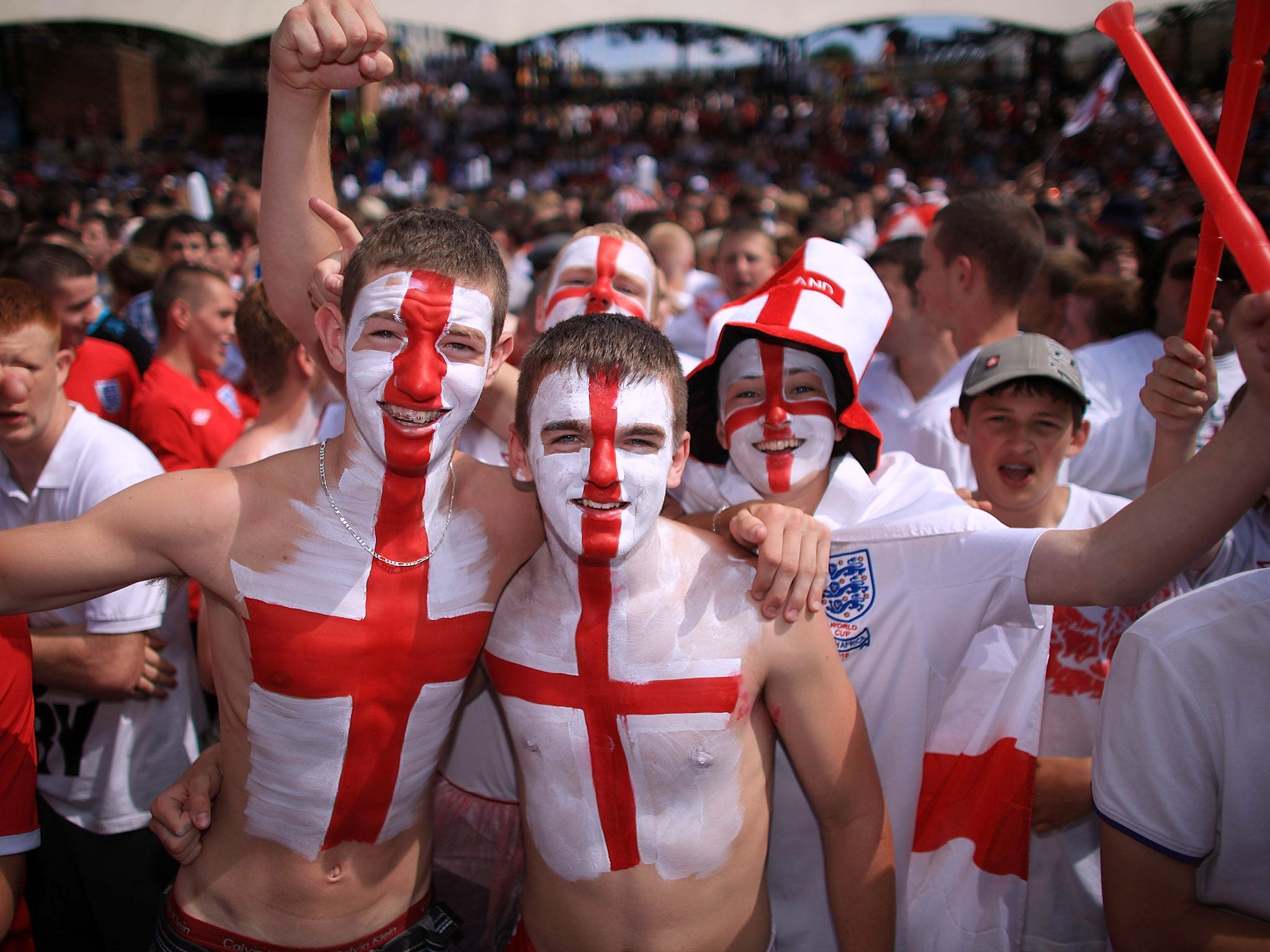The Game of Our Lives: The Meaning and Making of English Football by David Goldblatt; book review
An insightful look at the ugly side of the beautiful game

Your support helps us to tell the story
From reproductive rights to climate change to Big Tech, The Independent is on the ground when the story is developing. Whether it's investigating the financials of Elon Musk's pro-Trump PAC or producing our latest documentary, 'The A Word', which shines a light on the American women fighting for reproductive rights, we know how important it is to parse out the facts from the messaging.
At such a critical moment in US history, we need reporters on the ground. Your donation allows us to keep sending journalists to speak to both sides of the story.
The Independent is trusted by Americans across the entire political spectrum. And unlike many other quality news outlets, we choose not to lock Americans out of our reporting and analysis with paywalls. We believe quality journalism should be available to everyone, paid for by those who can afford it.
Your support makes all the difference.In May 1985 a massed charge by Liverpool fans at rival Juventus supporters at the European Cup Final in Heysel led to 39 deaths.
There were other contributory factors including the dismal state of the ground, thoroughly inept planning by Uefa and the Belgian authorities and the inexperience of the Belgian police. But with the Sunday Times having already pronounced that football was “a slum game played by slum people in slum stadiums” the focus was on the behaviour of the Liverpool fans. Mrs Thatcher apologised to the Italian government and tried hard to force football fans to have identity cards. Thankfully, she failed.
Then, nobody could have imagined her protégé David Cameron parading his support for football, let alone taking Richard Scudamore, Premier League chief executive, on foreign trips to showcase British enterprise. This transformation of slum football into a global super brand has been well documented.
David Goldblatt’s remit is broader – to link football to the wider story of English society and he pulls off this difficult feat backed by prodigious research and a fluent writing style. In the process he reminds us that while the Premier League may be the richest League in the world the football industry as a whole is “a pygmy.” The turnover of an average Premier League club is a little more than that of an average Tesco supermarket.
And, in by far the best chapter, he does much to dent the myth that English football has solved its racism problems. We have made progress. In 1980, after a Norwich-Arsenal match, I was chased down a train with a fan shouting “hit the coon over the head with a baseball bat”, then a popular football song. Those days are long gone but Goldblatt conclusively shows that English self-congratulation is overdone.
But there are curious errors. Uefa did not ban English clubs after Heysel, the FA voluntarily withdrew them from Europe. Nor has he got the story of the Glazer take-over of Manchester United right. United fans dug their own graves by making a private quarrel over the rights to a horse between Alex Ferguson and the major shareholders, racing magnates John Magnier and JP McManus, into a fan issue. The United board’s mishandling of the issue enraged the pair and it was the board that encouraged Glazers to bid, even suggesting a price.
Nevertheless, this is a fine book which should have an appeal much beyond the game.
Order for £16 (free p&p) from the Independent Bookshop: 08430 600 030
The Game of Our Lives: The Meaning and Making of English Football By David Goldblatt Viking, £20
Join our commenting forum
Join thought-provoking conversations, follow other Independent readers and see their replies
Comments